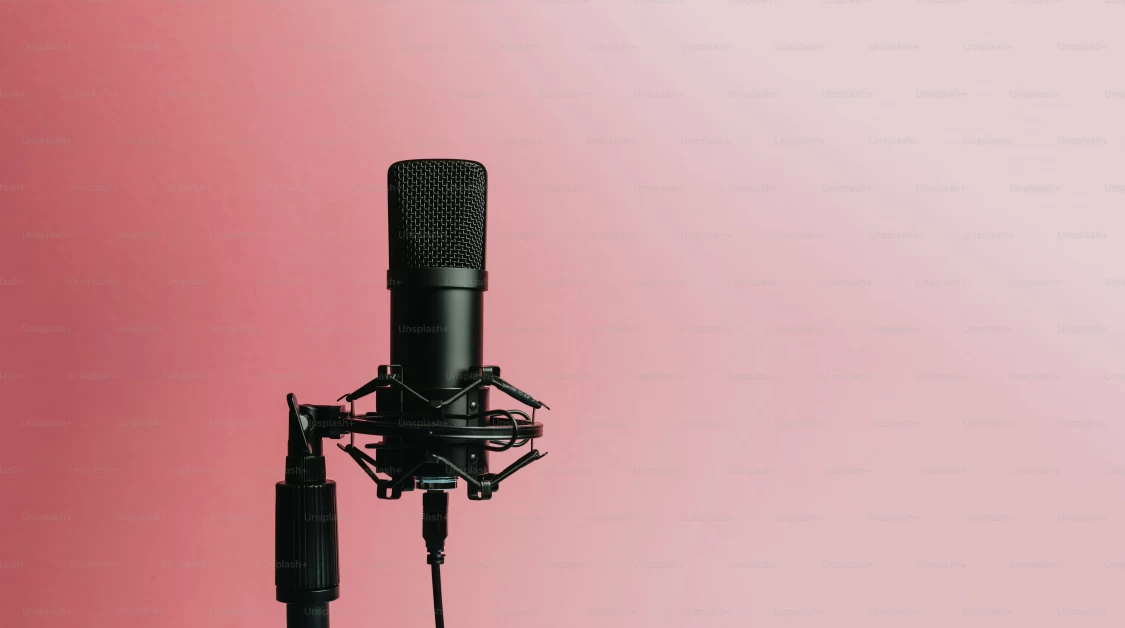Table of Contents
Introduction
Podcasting has become increasingly popular in recent years, but many people still find the process of editing their podcast episodes to be a mystery. They worry about the time involved, how to do it, and whether it’s even necessary. In reality, podcast editing is different for everyone, and it’s not the most important aspect of producing a successful show. In this beginner’s guide, we’ll explain what podcast editing is, why you should do it, and provide some tips and recommendations to help you get started.
What is Podcast Editing and Why Should You Do It?
Podcast editing is the process of trimming and optimizing recorded audio to create a polished, high-quality episode. It involves removing long pauses, background noise, interruptions, and adding in sound effects, music, transitions, or guest interviews. The main reason people edit their podcasts is to provide structure and strengthen the narrative of an episode. Editing helps to create a clear flow, rhythm, and story, making it easier for audiences to navigate and engage with the content.
How Much Editing Do You Need to Do to Your Podcast?
The amount of editing required for your podcast depends on various factors, such as the format of your show and your goals as a podcaster. Solo, interview, or co-hosted shows generally require less editing or no editing at all. On the other hand, narrative, fiction, or story-driven podcasts may require more time and resources to produce well. Regardless of the format, there are a few golden rules to make the editing process easier:
-
Plan ahead: Create episode plans or scripts before recording to reduce mistakes and save time during the editing process. These scripts can also be repurposed as long-form content or bonus content for paid subscribers.
-
Record on multiple tracks: If you have co-hosts or guests, recording on separate tracks makes it easier to fix mistakes and edit dialogue. This prevents a dropped connection or interruption on one track from affecting the entire audio.
-
Create templates or presets: Set up templates for your edits, including intro music, ad reads, calls-to-action, and signoffs. This streamlines your workflow and ensures consistency across episodes. Tools like Alitu have drag-and-drop episode building features and allow you to set default intro and outro music. Other popular software like Audacity, Reaper, and Garageband also support custom templates.
What is the Best Podcast Editing Software?
There are numerous podcast editing software options available, ranging from simple drag-and-drop builders to more technical audio tools. The choice of software depends on your preference for hands-on editing and your willingness to learn new skills. Here are three of the best free and paid options for beginners:
Audacity
- Free to use on Mac or PC
- Easy to learn and beginner-friendly
- Cross-platform compatibility
- Suitable for adjusting volume settings, improving sound quality, and editing multiple tracks with effects
Garageband
- Free application exclusive to Apple devices
- User-friendly interface with smart controls
- Offers features like Equalizer settings, plugins, and default presets
- Simplified editing screen for easier changes
Alitu
- Starts at $28/month
- Simple, user-friendly editing software
- Automates podcast production workflow, including editing, mixing, and compression
- Handles audio leveling, intro/outro music, transitions, and ad reads
- Integrates with Captivate for easy publishing
Hire a Professional Podcast Editor/Producer
If you have the budget and prefer to focus on content creation and growth rather than editing, hiring a professional podcast editor or producer can be a great option. Music Radio Creative and Podcast Town are two reputable services that offer podcast editing, production, and other podcasting services. Alternatively, you can find freelancers on platforms like Fiverr or seek recommendations from podcasting communities.
Conclusion
Podcast editing is a personal choice and depends on various factors such as time, resources, and the goals of your podcast. Whether you choose to do it yourself or hire a professional, there are software options available to suit your editing preferences and technical abilities. Experiment with different options and find the workflow that fits best with your podcast. Remember that support and advice are available from podcasting communities like https://www.scrollreads.com/ if you need assistance with starting or growing your podcast.







